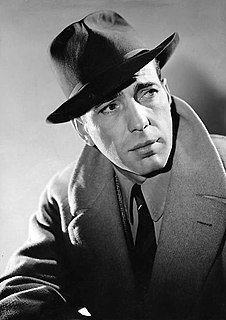A Quote by Rod Serling
An Ingmar Bergman film would probably owe a sizeable bulk of its import and its direction and its quality to the directorial end and to the director because it's uniquely a Bergman film. But that again is not the general - no, that's much more the exception than the rule.
Related Quotes
I would not have made any of my films or written scripts such as Taxi Driver had it not been for Ingmar Bergman, What he has left is a legacy greater than any other director.... I think the extraordinary thing that Bergman will be remembered for, other than his body of work, was that he probably did more than anyone to make cinema a medium of personal and introspective value.
Film’s thought of as a director’s medium because the director creates the end product that appears on the screen. It’s that stupid auteur theory again, that the director is the author of the film. But what does the director shoot-the telephone book? Writers became much more important when sound came in, but they’ve had to put up a valiant fight to get the credit they deserve.
Me and Kirby are very collaborative and it changes from film to film. The first project we worked on together, Derrida, we co-directed. The last film Outrage, I was the producer and he was the director. This film was much more of a collaboration - he is the director and I am the producer - but this is a film by both of us.
Fellini was more in love with breasts than Russ Meyer, more wracked with guilt than Ingmar Bergman, more of a flamboyant showman than Busby Berkeley... Amarcord seems almost to flow from the camera, as anecdotes will flow from one who has told them often and knows they work. This was the last of his films made for no better reason than Fellini wanted to make it.





































